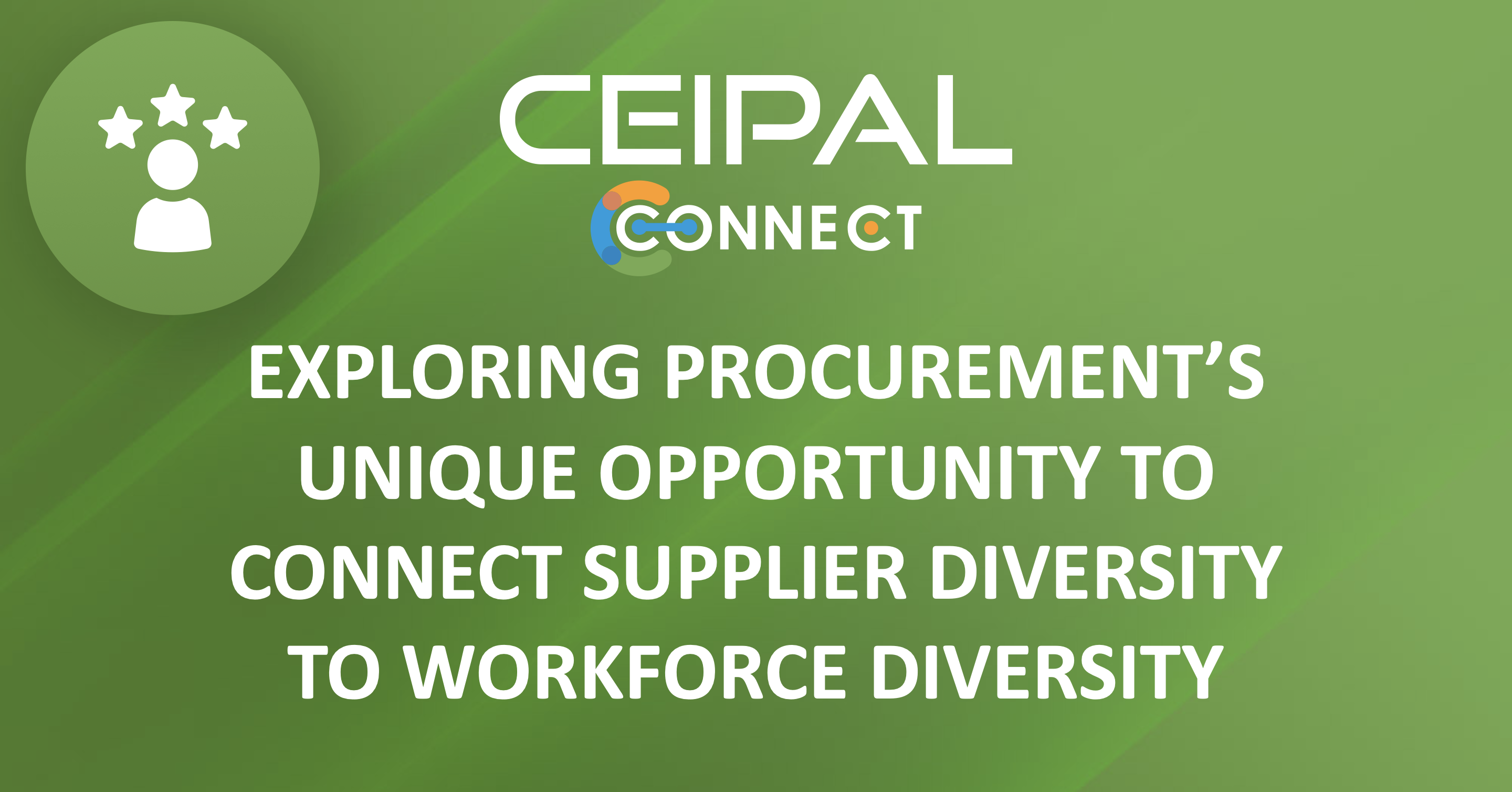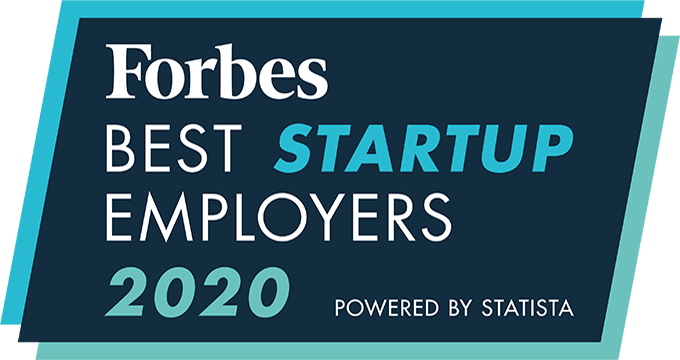It has become increasingly clear that every leader and group in every organization has a role to play in advancing workforce diversity, equity, and inclusion, including Procurement. Join us for a roundtable discussion with leaders representing the varied perspectives of corporate America, a minority supplier development council, an MBE in the workforce solutions industry, a diversity consultant, and a DEI technology provider. Together, we will explore the unique opportunity within Procurement to connect supplier diversity to workforce diversity and create new value in the talent supply chain.
Watch the Webinar
5 Key Takeaways
Corporate views of supplier diversity are changing: Now more than ever, large corporations are focusing on the diversity of their workforces. And with that, that means suppliers of diverse talent are now getting a seat at the table. Unlike decades past, supplier diversity is now a driving initiative in most companies, creating the need for dedicated teams and trusted partners in this space.
Diversity needs to scale: It’s not enough these days for a corporation to say “we use a diverse supplier” and trust that that’s enough. These suppliers then need to also make the commitment to sourcing and providing diverse talent themselves. Diversity needs to trickle down all the way to Tier 3 in order for it to truly be built from the ground up.
There’s a need for niche suppliers: Standard contingent needs are being met with ease, as it’s easy to find many folks who are able to perform the job from a range of backgrounds. However, it’s not nearly as easy to find diverse talent to fill niche roles. The more a supplier can find a niche and then expand their diversity in that subsect, the more likely they’ll be to land bigger contracts with top names in their respective industry.
Contingent workers are your building blocks: In years past, contingent workers were sometimes seen as a test pool – a way to “try out” candidates who you may not have traditionally hired. Today, the role of contingent labor is shifted, as 15-20% of the contingent workforce usually transitions into full-time employment with a company. It’s now more important than ever to focus on providing/hiring diverse contingent staff (depending on which side of the table you’re on).
DEI must be a commitment: If you are looking to excel and differentiate yourself as a diverse supplier, it’s important that you commit to this undertaking. Given the events surrounding the death of George Floyd in 2020, there were many companies who jumped on the DEI bandwagon, so to speak. Corporations can and are realizing this, and are now taking strides to audit suppliers and weed out those who are simply virtue signalling around this topic. If you want to remain competitive and relevant as a diverse supplier, DEI must be a full-time, all the time commitment.
Standout Quote
“If you can get a diversity certification, you’re well on your way.”
There is no difference in the eyes of major companies whether you’re veteran-owned, LGBT+-owned, woman-owned, or minority-owned, so find your space and excel in it.









